Daimler’s Hydrogen Feat, Tesla’s Electrifying Streak & Pioneering Women: Weekly Trucking Roundup
In the fast-paced world of transportation, shifts in technology, policy, and industry dynamics never cease. Whether it’s the pioneering leap of hydrogen-powered trucks, the electrifying performances of battery-driven semis, or the ever-growing role of women in the trucking sphere, the wheels of progress are always turning. Dive with us into this week’s most riveting updates and get a pulse on where the road of transportation is headed. Daimler’s Hydrogen Leap: Paving Zero-Emission Paths In the pursuit of a sustainable long-haul trucking future, Daimler Truck takes a significant leap with its hydrogen-powered Mercedes-Benz GenH2 truck. This groundbreaking vehicle accomplished a remarkable 1,047-kilometer journey on a single tank of liquid hydrogen, leaving behind only water vapor as an emission. The truck kicked off near the French-German border and triumphantly reached Berlin by Tuesday morning. Hydrogen vs Diesel A Potential Shift Despite the technical and infrastructural challenges hydrogen power confronts, German industry titans like Daimler Truck and Bosch are optimistic about its potential to redefine road transport emissions — possibly even outperforming battery-electric vehicles. Especially for strenuous long-haul routes, a synergistic approach employing hydrogen fuel cells might be the key. Funding the Green Dream The “hydrogen revolution” hinges on green electricity—primarily derived from renewables. To bolster this endeavor, Daimler Truck collaborates with energy behemoths like Shell and Total, aiming to pepper Europe and the US with hydrogen refueling hubs. As costs come down, these hydrogen-powered giants might soon rival battery electric trucks in the price arena. 🔗 Decarbonizing transport – Dive Deeper Tesla Semi’s Electrifying Performance: Setting the Electric Pace Tesla’s Semi took center stage at the “Run on Less EV” trucking event, an intensive three-week exploration into electric trucks’ capabilities. Clocking 1,000 miles in just a day with over 90% of its journey above 50 mph, the Semi elucidates the potential of green long-haul. Data-Driven Proof Culminating the study, the Tesla Semi embarked on a 794-mile journey on day one, surging to an incredible 1,600 miles over the subsequent two days. Wrapping up with a record 1,076 miles on its final day, the Semi’s performance heralds the dawn of a new electric era in trucking. Drawing Insights from the Road The “Run on Less” event did more than just showcase Tesla’s prowess. It shone a light on the holistic benefits and challenges of EV trucking, setting the stage for a deeper understanding of electric long-haul’s future. 🔗 Sustainable Class 8 vehicles – Explore More Empowerment on Wheels: Breaking Barriers in Technical Roles Thanks to the 2023 Women in Trucking Index by the Women in Trucking Association (WIT), it’s evident that women are pioneering new paths in trucking. With National Technician Appreciation Week upon us, the trucking world shines a spotlight on female technicians and their growing prominence in the industry. Unveiling Promising Statistics This year, women drivers constitute a commendable 12% of the trucking force. The WIT Index also boasts that 7% of technicians are now women, up from 4% just a year ago. As roles like dispatchers (44% female) and executives (32% female) demonstrate, gender diversity in trucking is not just growing—it’s thriving. Applauding the Backbone of the Industry WIT’s CEO, Jennifer Hedrick, extolled truck maintenance technicians as the unsung heroes who empower truck drivers to transport America’s cargo safely. The 2023 WIT Index, which reflects insights from 350 trucking companies, signifies the strides being made. In celebration, National Technician Appreciation Week and TMC’s Fall Meeting in Cleveland pay tribute to these pivotal industry contributors. 🔗 Discover more about Women in Trucking Before You Hit The Road… From green innovations to the ever-expanding role of women in the industry, the trucking and transportation sectors are shaping up for transformative times ahead. As pathways of old merge with lanes of new possibilities, it’s imperative for industry stakeholders, enthusiasts, and everyday consumers to stay informed and engaged. Keep your engines revved for more insights and breakthroughs as we continue our journey through the captivating world of trucking. We invite you to join the conversation, share your views, and be part of this exciting ride! If you made it to this part of the article, we’d just like to take a moment to thank you for taking the time to read this weekly recap. Be safe out there and as always, If you’re in search of CDL A, B, or warehouse positions, check out our open positions. And if you need staffing solutions for commercial driving or industrial positions, be sure to explore our offerings.

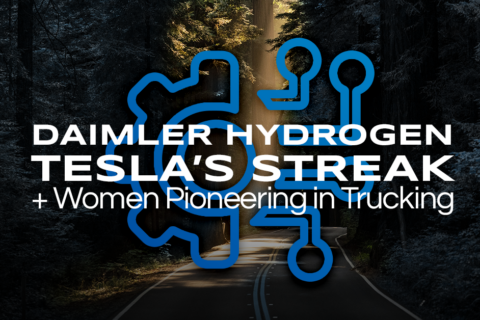

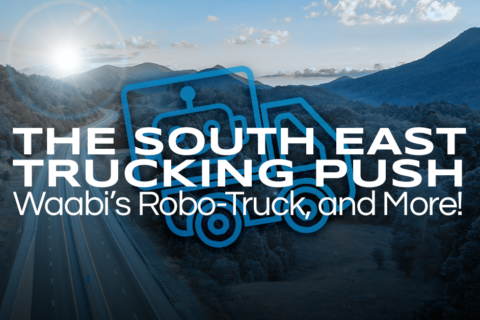
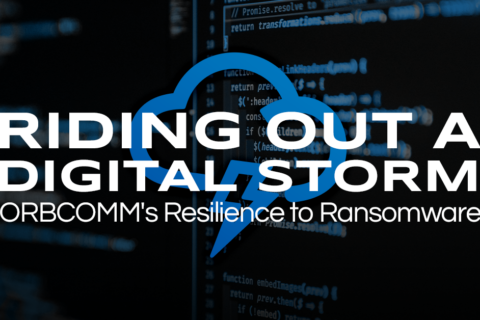
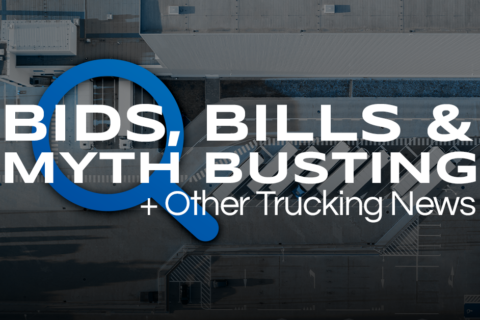
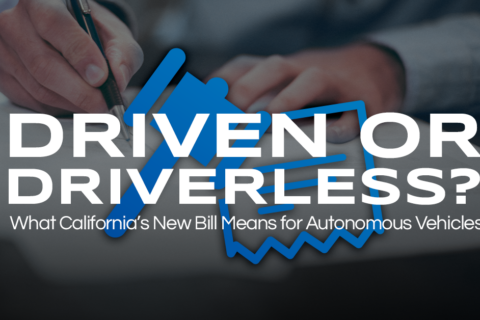
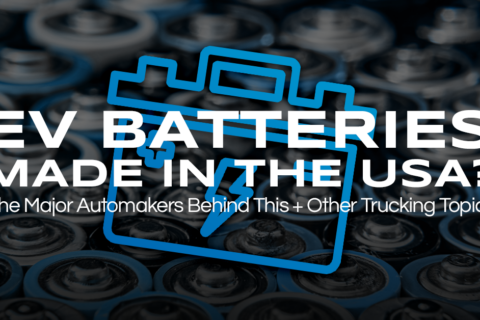
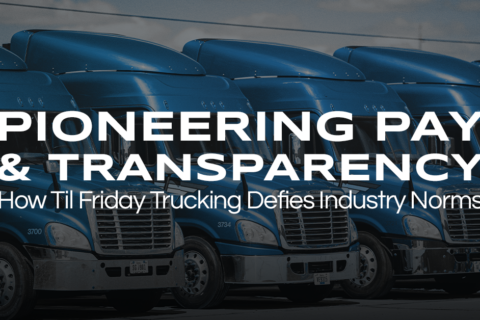

Recent Comments